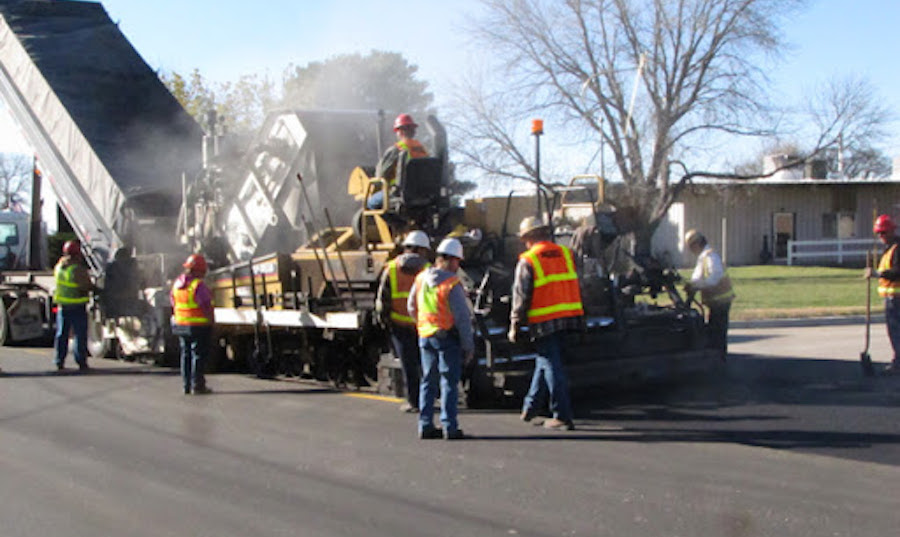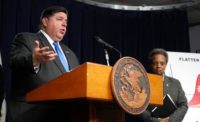Eyeing economic impacts from COVID-19, Kansas legislators passed a sweeping $9.7-billion transportation funding program with new safeguards to keep funds for project use only, while Kentucky is progressing on a $4.7-billion package.
The Kansas legislature overwhelmingly approved the program that will fund road, bridge, rail and airport projects statewide over the next ten years to strengthen the state economy.
Enacted with strong bipartisan support at the close of a session abbreviated by the pandemic, the measure is viewed by many legislators as a potential safeguard against looming economic uncertainty.
“It shows that the state was ready for transportation plan,” observes Michael White, executive director of the Kansas Contractors Association. “Legislators are hopeful that this will serve as a stimulus that can help stave off a potentially worse recession.”
Crafted as a compromise between separate bills passed in each chamber, the legislation prioritizes existing infrastructure maintenance and completing 16 expansion and modernization projects identified under the Kansas Dept. of Transportation’s T-Works program enacted in 2010. Contracts for the approximately $438 million worth of remaining T-Works projects are to be let by 2023.
But nearly one-third of that $8 billion funding was redirected over the years to cover repeated non-transportation shortfalls in the state budget.
The new legislation seeks to avoid similar budget raids in the future by mandating that existing sales tax revenue allocations for transportation be spent specifically for that purpose. In addition, KDOT can gradually expand use of alternative project delivery, eventually allowing up to 5% of qualified eligible for methods such as design-build.
The agency will also identify new major projects for funding every two years, a change from the previous practice of 10-year operation plans.
“That provides the agency with greater flexibility to keep up with needs around the state,” White says.
Although Gov. Laura Kelly (D) is expected to sign the bill, the legislature is scheduled to reconvene in late April to adjust a newly passed $19.8 billion state budget and complete unfinished legislative business.
White believes that absent a major change in the spread of COVID-19 in the state, it’s unlikely the transportation legislation will be changed.
Bridgette Williams, executive director of the Heavy Constructors Association of Greater Kansas City, notes that the sentiment among KDOT and other agencies is to maintain current construction activity, albeit with appropriate protocols to limit virus exposure.
“They understand that shutting down construction would shut down the economy,” she says, adding that seeing construction continue could provide a moral boost to communities uncertain about the impacts of COVID-19. In the weeks and months to come, Williams, construction will be a major step “in coming out of whatever it is we’ll have to deal with.”
In Kentucky, the two-year statewide transportation spending measure has cleared the state House of Representatives and is now under consideration by the state Senate.
In addition to funding hundreds of projects in a separately passed state road plan, the bill allocates $80 million a year to bridge repair and replacement and $8 million to installation of guard rails. Budgets for aviation, railroad crossing and riverport projects would also see increases.




